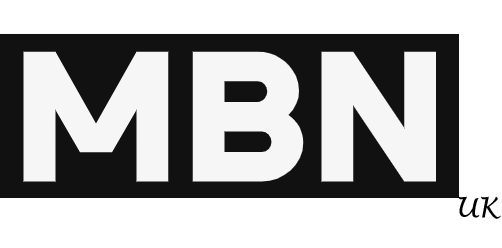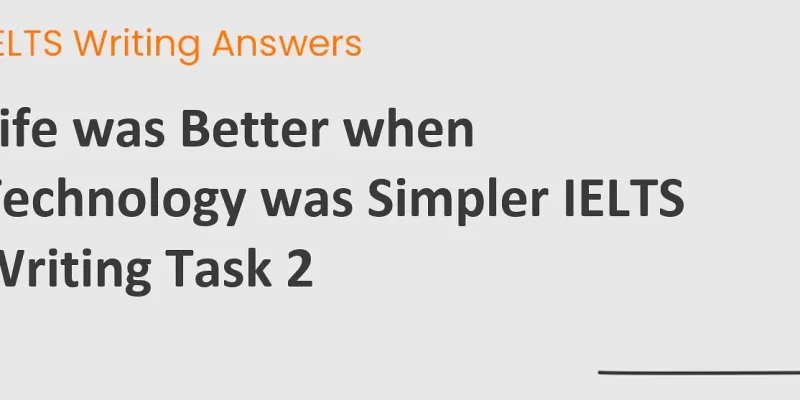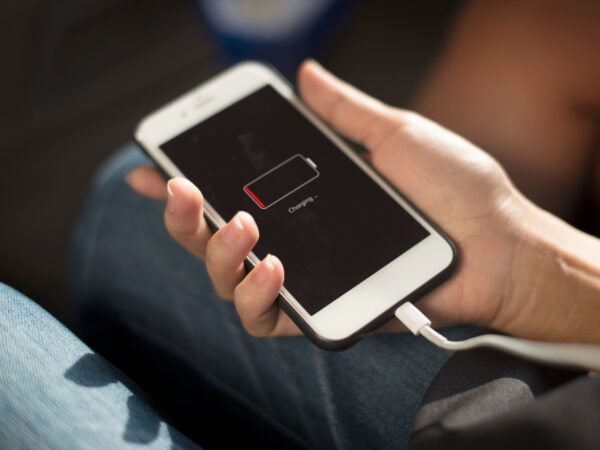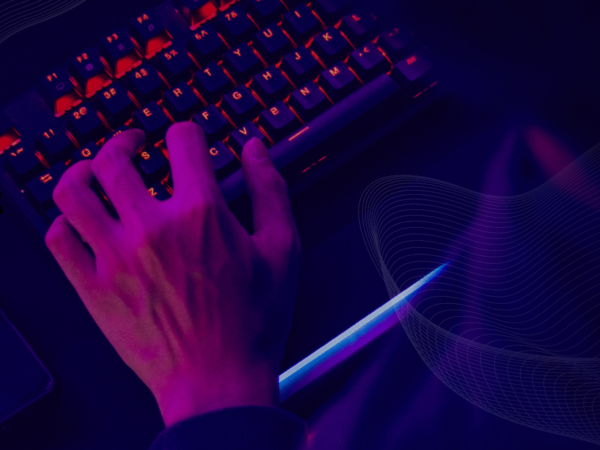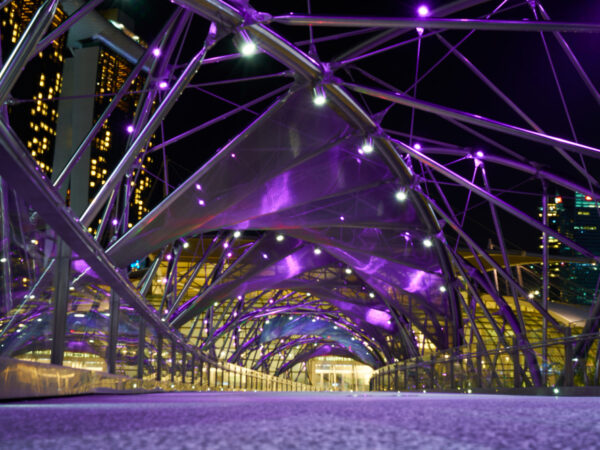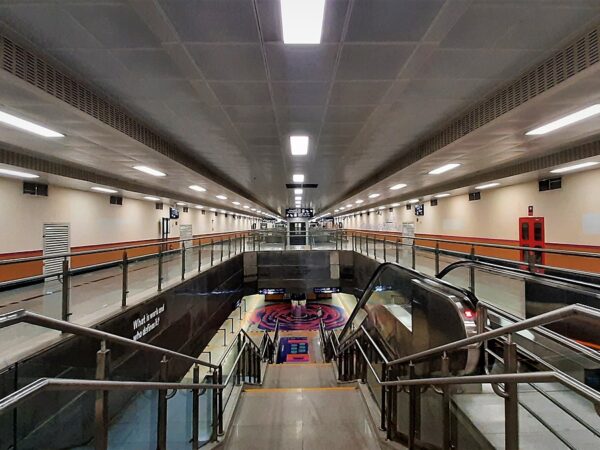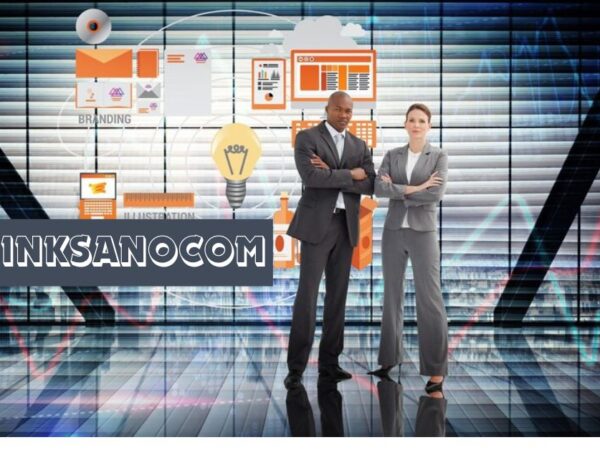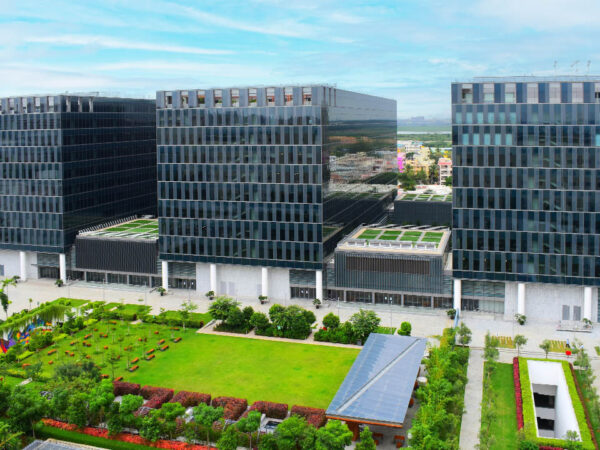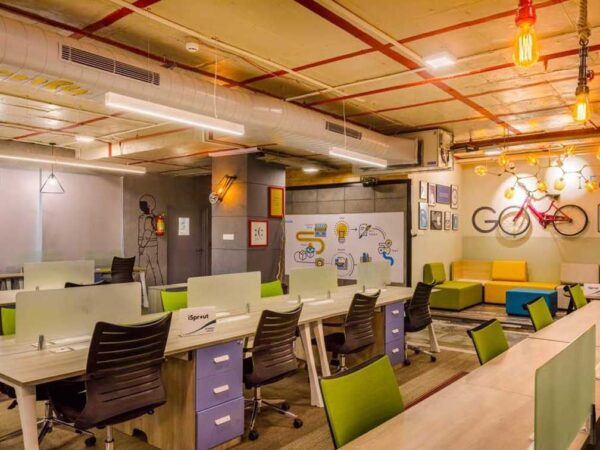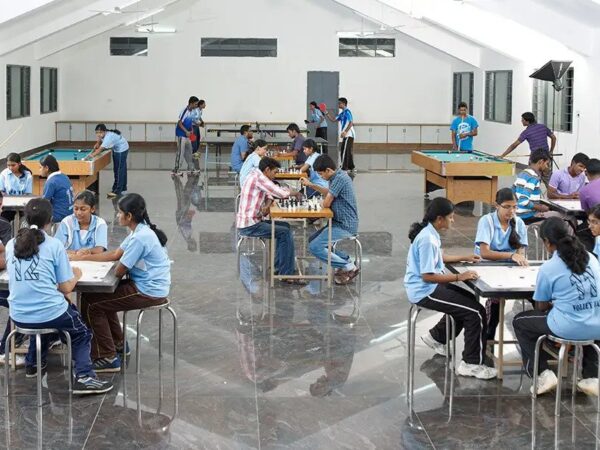In today’s fast-paced world, technology has seamlessly integrated into every aspect of our lives. While advancements in technology have brought about numerous benefits, there’s a growing sentiment that life was better when technology was more simple. The nostalgia for a time when our gadgets and devices played a less intrusive role in our daily routines is not just a yearning for the past but a recognition of the benefits that a simpler technological era provided. This article explores ten surprising advantages of a low-tech life, illustrating why sometimes, less is indeed more.
Life Was Better When Technology Was More Simple: Enhanced Human Connections
In an era of constant notifications and virtual interactions, genuine human connections often take a backseat. Life was better when technology was more simple because people engaged in more face-to-face conversations and built stronger relationships. Social gatherings were filled with meaningful interactions rather than distracted glances at smartphones. This simple technology fostered a sense of community and deepened bonds, reminding us that nothing can replace the warmth of personal connections.
Life Was Better When Technology Was More Simple: Reduced Stress Levels
The omnipresence of technology has introduced a new kind of stress—constant connectivity. The pressure to stay updated and respond immediately can be overwhelming. Life was better when the technology was more simple because there were fewer distractions and demands on our attention. The absence of incessant alerts and updates allowed for more relaxed and focused living. People could truly unwind without the looming stress of digital interruptions, leading to a more balanced and peaceful life.
Improved Focus and Productivity
Modern technology, with its myriad of apps and notifications, can severely impact our ability to concentrate. Life was better when technology was more simple because it was easier to focus on tasks without the constant pull of digital distractions. Simpler technology meant fewer interruptions, allowing for deeper concentration and, consequently, higher productivity. Tasks were completed more efficiently, and people could dedicate more time to creative and critical thinking.
Better Physical Health
Excessive use of modern technology often leads to a sedentary lifestyle, contributing to various health issues such as obesity, eye strain, and poor posture. Life was better when technology was more simple because people spent more time engaging in physical activities. Without the lure of endless screen time, outdoor activities, sports, and physical hobbies were more prevalent, promoting better overall health. This simpler approach to technology encouraged a more active and healthier lifestyle.
Enhanced Creativity
Life was better when technology was more simple because it encouraged more imaginative and creative thinking. With fewer digital distractions, people had more time to engage in creative activities such as reading, writing, drawing, and crafting. The simplicity of technology fostered an environment where creativity could flourish without the constant barrage of information and entertainment that modern devices provide. This creative freedom led to richer personal experiences and greater innovation.
Deeper Appreciation of Nature
In today’s digital age, it’s easy to become disconnected from the natural world. Life was better when technology was more simple because people spent more time outdoors, appreciating the beauty of nature. Without the distraction of screens, there was more opportunity to explore and enjoy the natural environment. This connection with nature not only provided relaxation and joy but also fostered a greater appreciation for the environment and its preservation.
Strengthened Problem-Solving Skills
Modern technology often offers quick solutions to problems, which can diminish our problem-solving skills. Life was better when technology was more simple because it required individuals to think critically and solve problems independently. Without the immediate answers provided by search engines and apps, people relied more on their knowledge, ingenuity, and resourcefulness. This strengthened their cognitive abilities and developed a more resilient and capable mindset.
Enhanced Privacy and Security
The digital age has brought about significant concerns regarding privacy and security. Life was better when technology was more simple because personal information was less exposed to potential breaches and misuse. Simpler technology meant fewer vulnerabilities and a lower risk of cyber threats. People enjoyed a greater sense of privacy, knowing that their personal data was not constantly being collected, shared, or exploited.
More Meaningful Leisure Time
Entertainment today is often dominated by digital devices and online content. Life was better when technology was more simple because leisure time was spent engaging in more meaningful and fulfilling activities. Reading books, playing board games, engaging in hobbies, and spending time with loved ones were common pastimes. These activities not only provided enjoyment but also enriched personal relationships and mental well-being.
Greater Sense of Achievement
Life was better when technology was more simple because achievements felt more rewarding. Completing a task or solving a problem without the aid of advanced technology brought a greater sense of accomplishment. Whether it was fixing something at home, navigating without GPS, or learning a new skill, the effort required in a low-tech environment made successes more gratifying. This sense of achievement boosted self-esteem and encouraged continuous personal growth.
Conclusion
While modern technology offers countless conveniences and advancements, there is a certain charm and numerous benefits to a simpler technological life. Life was better when technology was more simple, as it fostered stronger human connections, reduced stress, enhanced focus and productivity, improved physical health, and boosted creativity, among other advantages. Embracing the principles of a low-tech lifestyle can lead to a more fulfilling and balanced life, reminding us that sometimes, the simplest solutions are the most rewarding.
FAQs
Q1. How can I incorporate a low-tech lifestyle into my modern life?
Start by setting boundaries for technology use, such as designated tech-free times or zones. Engage in more offline activities like reading, exercising, or spending time in nature. Limit screen time and opt for simpler devices when possible.
Q2. Can a low-tech lifestyle benefit my mental health?
Yes, reducing reliance on technology can lower stress levels, improve focus, and enhance overall mental well-being. Engaging in offline activities and face-to-face interactions can also boost mood and reduce feelings of isolation.
Q3. How does simpler technology improve productivity?
Simpler technology reduces distractions and interruptions, allowing for deeper concentration and more efficient task completion. It fosters an environment where you can focus on one thing at a time, enhancing overall productivity.
Q4. What are some practical steps to reduce digital distractions?
Turn off non-essential notifications, use apps that limit screen time, and create a daily schedule that includes breaks from digital devices. Engage in activities that don’t require screens, and be mindful of your technology use.
Q5. Is it realistic to completely disconnect from modern technology?
Completely disconnecting from modern technology may not be realistic for most people due to work and social obligations. However, incorporating low-tech habits and setting boundaries can significantly reduce the negative impacts of constant connectivity and help you enjoy the benefits of a simpler technological life.
Also read: borncyan.us: 10 Must-Know Secrets for Vibrant Cyan Artwork
